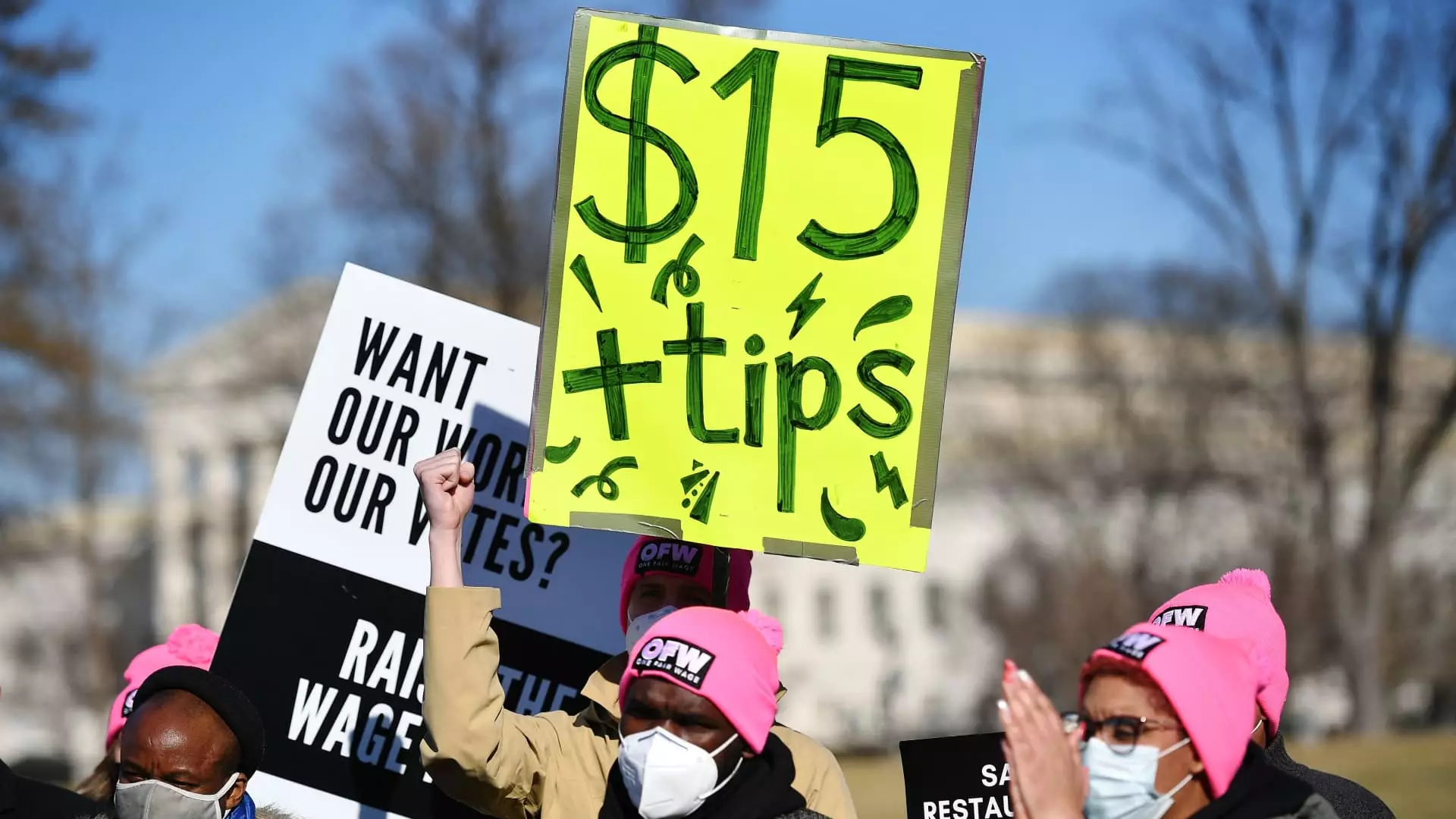The federal minimum wage has remained at $7.25 per hour for the past 15 years, causing many workers to struggle to make ends meet. While some states have enacted higher minimum hourly pay rates, there are still 20 states where the minimum wage is no higher than the federal level. This stagnation has led to calls for change from various political figures, including Democratic presidential nominee Kamala Harris.
One of the main arguments in favor of raising the federal minimum wage is the potential boost it could give to consumer buying power. Higher wages mean that workers have more money to spend, which in turn can help stimulate businesses. Holly Sklar, CEO of Business for a Fair Minimum Wage, emphasizes the connection between a higher wage and stronger consumer buying power. When workers have more money to spend, they are more likely to put that money back into the economy, benefiting businesses as a whole.
While Kamala Harris has not specified how much she wants to raise the minimum wage by, she has praised states that have implemented a $15 per hour rate. Ben Zipperer, a senior economist at the Economic Policy Institute, supports this idea, stating that increasing the federal minimum wage to $15 per hour could lift the incomes of around 20 million workers. This increase would not only benefit low-wage workers but also those who are currently earning slightly above the federal minimum wage threshold.
Despite the potential benefits of raising the minimum wage, there are concerns about the impact it could have on small businesses. During a 2020 debate, former President Donald Trump expressed worries that increasing wages could hurt small businesses, causing them to lay off employees. A CNBC survey found that while 61% of small business owners support raising the minimum wage, many fear that it could make it difficult for them to afford to pay critical workers.
Ben Zipperer argues that the federal minimum wage has lost a significant amount of its purchasing power over the last 15 years. By failing to update the minimum wage, Congress has allowed low-wage workers to struggle financially. Zipperer believes that raising the minimum wage to $15 per hour would not necessarily result in a significant decrease in employment. In fact, higher wages can make it easier for companies to recruit and retain workers, leading to a more stable workforce.
Some companies, such as Target and Walmart, have taken matters into their own hands by setting their minimum pay thresholds at $15 and $14 per hour respectively. This proactive approach shows that raising wages can have positive outcomes for both workers and businesses. Advocates are hopeful that there will be broader changes at the national level in the future. Holly Sklar looks forward to supporting efforts to raise the minimum wage in the next White House and Congress, highlighting the business case for such a move.

